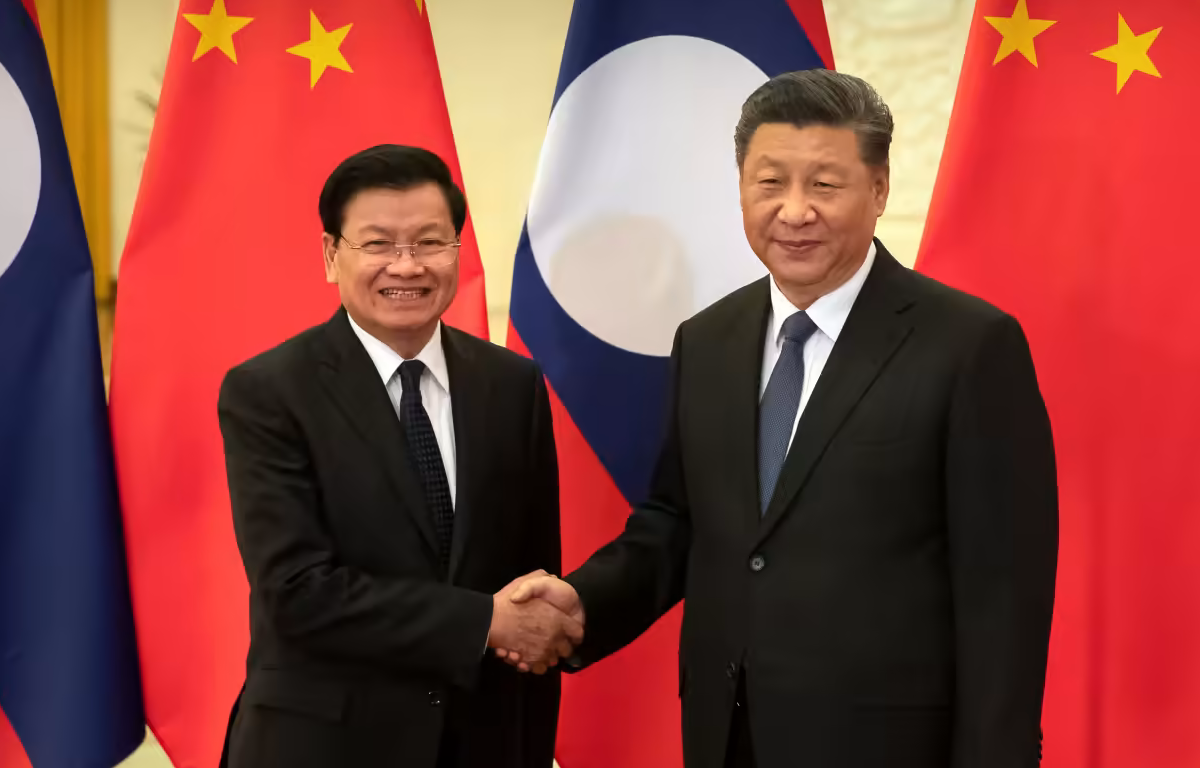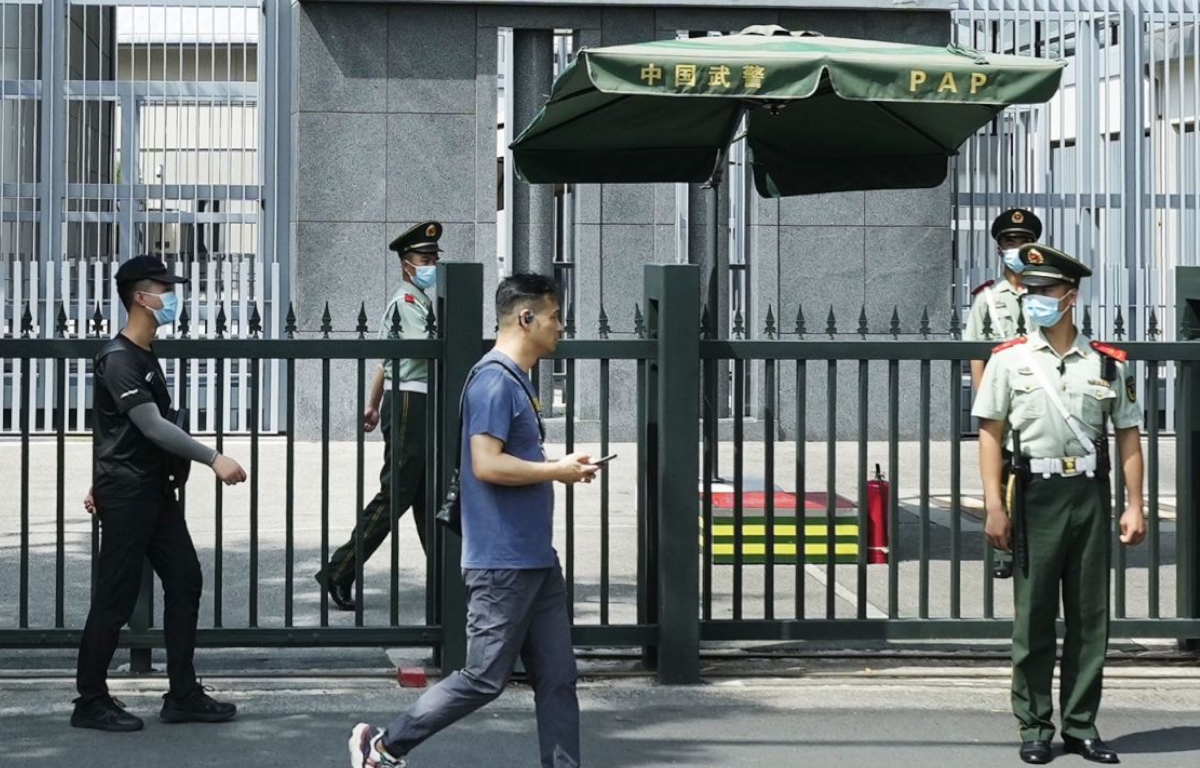
Taiwan is renowned for its delectable mangoes, celebrated both locally and internationally for their exquisite taste and quality. For years, the island nation has exported its mangoes to various markets, including China. This trade was seen as a form of cross-cultural exchange, often referred to as “mango diplomacy.” It provided economic benefits to both sides and was considered a rare bridge between the politically estranged territories.
However, this harmonious exchange has now encountered a setback. China’s sudden suspension of mango imports, ostensibly due to pest concerns, has triggered skepticism. Critics argue that this move might have ulterior motives, especially given the increasingly strained relationship between China and Taiwan.
The timing of China’s decision has raised suspicions. It comes during a period when political tensions between China and Taiwan have been intensifying. China considers Taiwan a part of its territory and has been pushing for reunification, while Taiwan maintains its sovereignty. The global community has been closely watching this geopolitical standoff, as any escalation could have far-reaching consequences.
Given this backdrop, many question whether the pest concerns are a genuine reason or a thinly veiled political move. Some experts argue that pests are unlikely to emerge suddenly and drastically to warrant such a blanket ban on imports. Others suggest that if pest concerns were indeed paramount, a more collaborative approach, such as stricter inspections or joint efforts to address the issue, could have been pursued.
The sudden halt in mango imports from Taiwan carries economic and agricultural implications for both sides. Taiwan’s mango farmers heavily rely on exports, and China has been one of their significant markets. The suspension could impact the livelihoods of these farmers and disrupt the supply chain, affecting local economies as well.
On the other hand, China’s move also denies its consumers access to a beloved fruit. Taiwan’s mangoes have carved a niche in China’s market, commanding a loyal following due to their taste and quality. This has created a gap that local produce might struggle to fill.
The international community is closely observing this situation. Some countries have expressed concerns about the potential political motivations behind China’s decision. They worry that such actions could further destabilize the already sensitive relationship between the two entities.
Moreover, this incident raises broader questions about the intertwining of politics and trade. The use of economic levers in political disputes can have far-reaching consequences, affecting not only the parties involved but also global trade dynamics.










Share this: